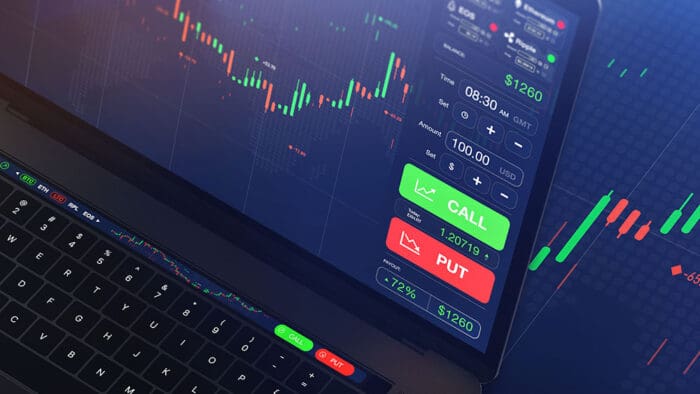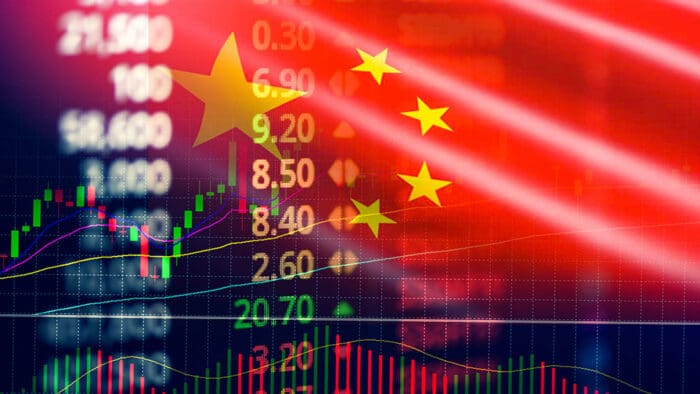I can’t help utilizing the recent bouts of Chinese economic stimuli to one of that country’s most notable inventions. Gunpowder and fireworks were both invented in China, so it only seems fitting to think about the efforts to bolster that country’s economy and markets in those terms.
Chinese authorities unleashed a blitz of stimulus measures on their economy this week. Most were monetary. These included:
- Tuesday:
- A rare press briefing from the People’s Bank of China (PBOC), the country’s central bank. A 50-basis point reduction in reserve requirements. Cut repo rates by 20bp to 1.5%. Cut mortgage rates by roughly 50bp to about 4%. Lowered the minimum down payment on second homes to 15% from 25%
- Introduced a swap program to help stocks (about US$70bn equivalent)
- Wednesday:
- Cut rates on loans to banks by 30bp to 2%, affecting about 300 billion yuan (about US$43 billion)
- Added nearly 200 billion yuan (about US$28 billion) into the banking system through reverse repos
- Thursday:
- The Politburo pledged to support the housing sector and add fiscal spending
- Issued nearly US$300 billion in new bonds to pay for fiscal stimulus
- Friday:
- After today’s Chinese close (before the US open), the PBOC cut rates by 20bp from its Standing Lending Facilities. The overnight rate is now 2.35%, the 7-day is 2.5% and the 1-month is 2.85%
This barrage makes the Fed’s recent 50bp cut seem a bit pedestrian, no?
Unsurprisingly, mainland China’s benchmark index had its best week in 16 years, as the CSI 300 rose by 15.7%. If the Chinese authorities wanted “shock and awe”, they succeeded. And that should be a good thing for the global economy.
It is important to remember the situation the last time that the Chinese market soared this much. In 2008, the Global Financial Crisis (“GFC”) was punishing a wide range of economies and markets. China was among the fastest to recover, and the Chinese economic expansion that ensued in the 2010’s helped bring the world out of its funk. It was therefore concerning that China appeared to be getting mired in malaise. If its positive influence was such that it could bolster the global economy over a decade ago, its negative influence could be a sufficient drag in the coming years. That would be bad for most investments, which is why, politics aside, investors should be favoring China’s measures.
Yet the responses have varied. European shares pushed, with the recently forlorn luxury sector showing a rebound. It is unlikely that those companies were an intended beneficiary of the Politburo’s activities, but a more robust Chinese consumer can’t hurt them. Here in the US, stocks have generally moved higher, but not particularly robustly. We seem to be digesting our most recent rate cut and more consumed with pondering the next. Paradoxically, if one has been buying stocks on the hope that more aggressive cuts are coming, a stronger global economy doesn’t help – at least in the short-term.
Even commodities were mixed. Copper prices are up about 6% this week, but oil is down by a similar percentage. Tensions in the Middle East, or the current pause in escalation, have much to do with those moves, but a uniformly stronger Chinese economy should bolster demand for a wide range of commodities.
Perhaps the muted responses belie a nagging concern: are things really that bad in China that such a dramatic orchestrated response was required? The measures aimed at bolstering the flagging real estate sector, such as a drop in the down payment for second homes, seem to be a sign that things might be truly dire for homeowners and landlords. As we learned the hard way during the GFC, a downward spiral in real estate, which is typically purchased using borrowed money, can result in nasty deflationary effects that can spread unpredictably. It is encouraging that the Chinese authorities are undertaking bold measures to hopefully stave off a metastasizing crisis – particularly in an equity-market friendly manner – but we won’t know if those measures will ultimately bring success.
Disclosure: Interactive Brokers
The analysis in this material is provided for information only and is not and should not be construed as an offer to sell or the solicitation of an offer to buy any security. To the extent that this material discusses general market activity, industry or sector trends or other broad-based economic or political conditions, it should not be construed as research or investment advice. To the extent that it includes references to specific securities, commodities, currencies, or other instruments, those references do not constitute a recommendation by IBKR to buy, sell or hold such investments. This material does not and is not intended to take into account the particular financial conditions, investment objectives or requirements of individual customers. Before acting on this material, you should consider whether it is suitable for your particular circumstances and, as necessary, seek professional advice.
The views and opinions expressed herein are those of the author and do not necessarily reflect the views of Interactive Brokers, its affiliates, or its employees.



















Join The Conversation
If you have a general question, it may already be covered in our FAQs page. go to: IBKR Ireland FAQs or IBKR U.K. FAQs. If you have an account-specific question or concern, please reach out to Client Services: IBKR Ireland or IBKR U.K..
Visit IBKR U.K. Open an IBKR U.K. Account